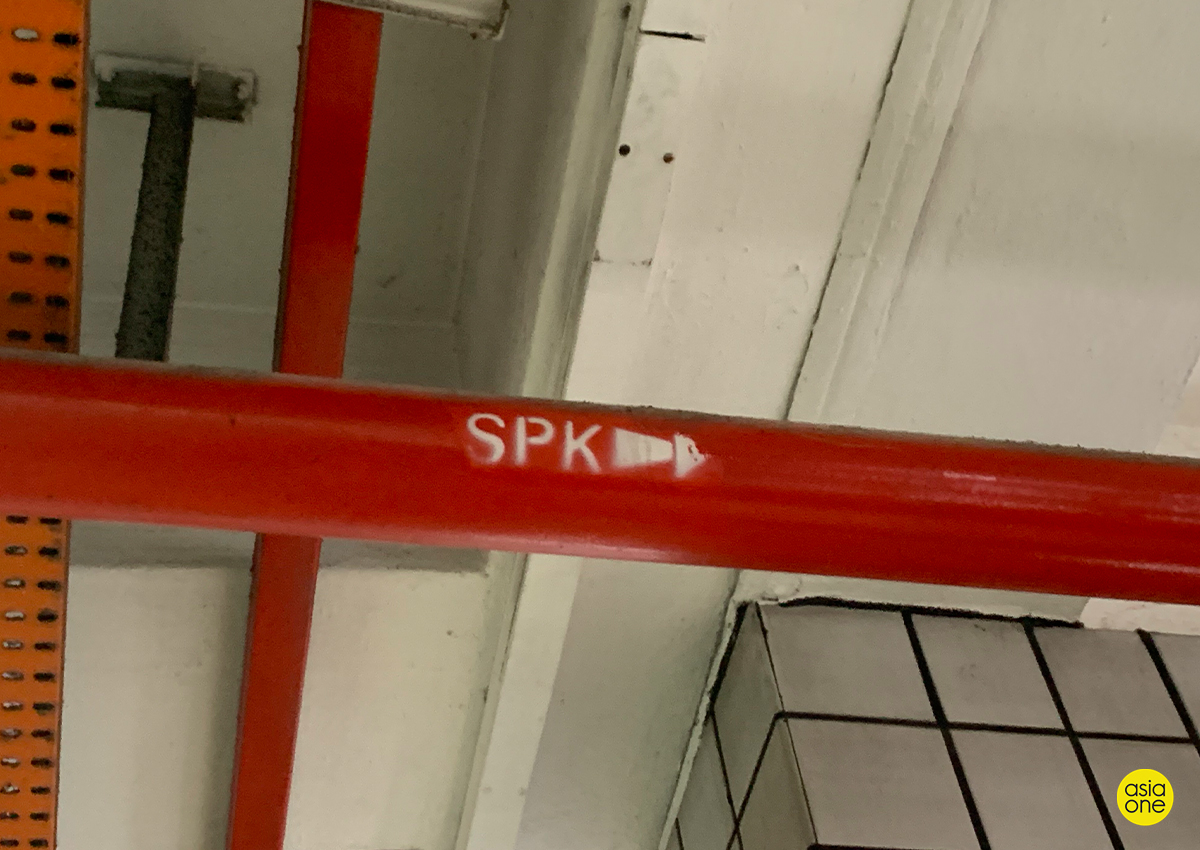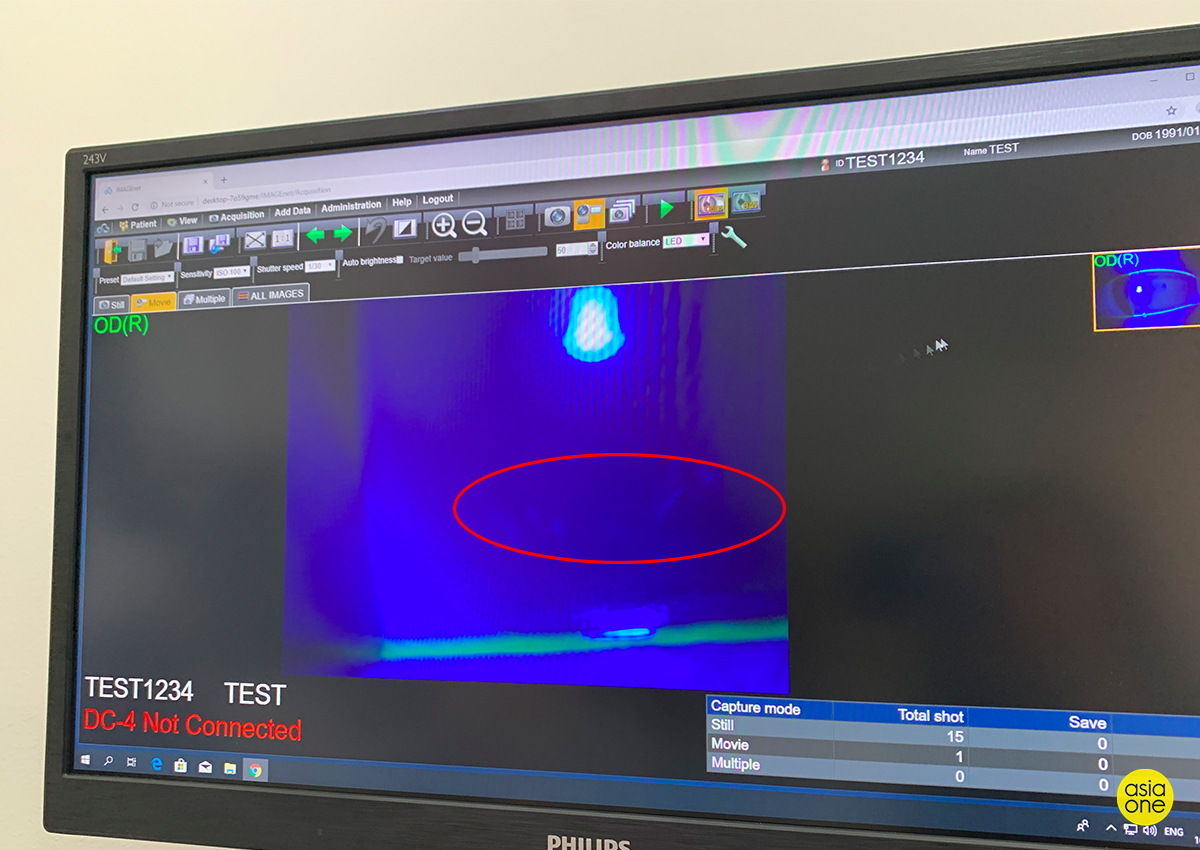How reviewing contact lenses made me discover I've been living with damaged corneas

I recently found out my corneas are damaged due to a decade of irresponsible contact lens usage and I'm the first to admit it's 100 per cent my fault.
Here's how it unfolded: I'd started to squint more in bright sunlight and agreed to review a pair of transition contact lens, hoping that it'll help the squinting.
For context, I'm someone who wear my lenses almost every day (at least five times a week), and on most days, I only peel them out 15 hours after I put them on.
Napping in contacts? Check. Showering with them on? Guilty as charged. Wearing expired lenses? I keep track when my monthlies should be changed but I might have missed a date or two.
[[nid:456363]]
The wear and tear on my eyeballs was starting to present itself and it's more than just the usual case of dry eyes or blurred vision.
Whilst getting fitted for the lenses, the optometrist told me that I have a pretty bad case of SPK (superficial punctate keratitis), which could develop into even more serious eye issues like a corneal ulcer (yikes!).
WHAT IS SPK
A common problem associated with contact lens wear, SPK is an eye disorder caused by death of small groups of cells on the surface of the cornea (the clear layer in front of the iris and pupil)

With the use of a yellow-green dye called fluorescein, SPK is usually seen in the lower half of the cornea as scattered dots (my optometrist called it "fireworks") when the cornea is viewed with blue light.

The fluorescein temporarily stains damaged areas of the cornea, making it possible to see the damage that's otherwise not visible.
If your eyes are painful, watery, bloodshot and sensitive to bright light, you might want to visit your nearest optometrist because these are symptoms of SPK.
You might also want to get your peepers checked if you experience a burning feeling or you're constantly rubbing your eyes because you feel like a foreign object is trapped in it.
STEPS TO TAKE IF YOU HAVE SPK
If you're recognising these symptoms in you and panicking right now, calm down.
SPK caused by contact lens wear is usually self-limiting after taking measures and precautions advised by your optometrist. This also means that the condition is usually reversible, but only if something is done about it.
[[nid:351130]]
Optometrist Iris Lin, 27, says she usually recommends SPK-sufferers to take the following steps:
1. Cease contact lens wear for two weeks and go back to the optometrist for a follow-up.
2. If SPK is due to prolonged contact lens wear, shorten the wearing time to five days a week since most users (like myself) wear them everyday.
3. Cut down wearing hours to a maximum of eight hours a day.
4. Always wash your hands with soap before handling contact lenses. Make sure to rub them with solution before storing them in cases.
5. Consider switching to silicone hydrogel lenses where lenses have higher oxygen permeability. Use it with oxygen peroxide solution which kills the bacteria and protein build ups efficiently.
Safe to say, it was quite the scare to know how tiny bad habits I've developed over the years could culminate in serious eye issues.
The idea of going blind because of laziness sounds ridiculous and I've resolved to cut down on my contact lens usage as much as possible.
If you're a contact lens wearer who can relate to my story or if you know of anyone who has bad eye-care, you might want to pass this cautionary tale along.
joeylee@asiaone.com